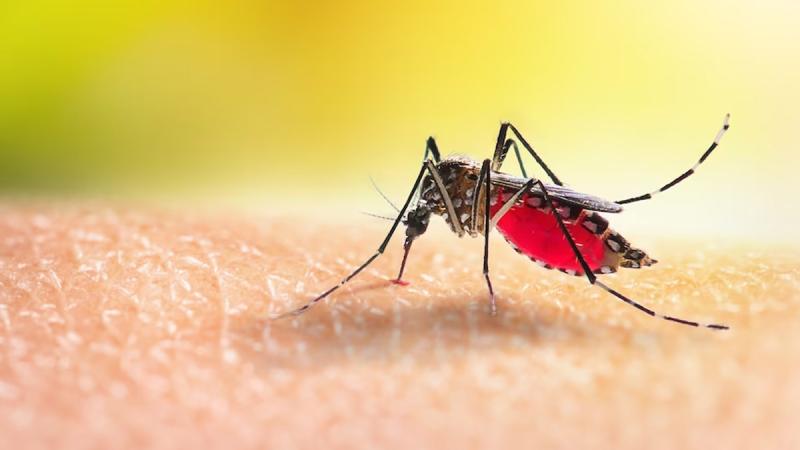According to recent media reports, the Zika virus has been found close to the capital of Karnataka, raising concerns about health. Following the virus’s discovery close to Bengaluru, every case of fever is being examined. The virus was found in a mosquito after a sample from Chikkaballapur was sent for analysis in August. Since the sample came from Talkaebetta, a 5-kilometer radius around the city was alerted after the virus was discovered.
The district health officer, Dr. S. Mahesh, reported that about 100 samples were gathered from all over the state. Five out of the six samples from Chikkaballapur were negative. The alert was sent out once a sample came back positive.
Samples from three patients with high fevers were sent to a pathologist for examination. Right now, the patients are doing well. The mosquito that was discovered to be carrying the virus was one of the many samples that were gathered during the drive across the state. On October 25, the analysis’s findings were released.
what is Zika virus?
According to the World Health Organization (WHO), Aedes mosquitoes are the main vectors of Zika virus transmission. Aedes mosquito bites have also been linked to the spread of diseases like dengue and chikungunya.
Uganda was where the virus was initially discovered in 1947. In other African nations in the 1950s, there was evidence of human infection and disease after the virus was discovered in Rhesus macaque monkeys.
Symtoms of Zika virus
The symptoms of the Zika virus are listed below by the WHO:
- muscle and joint
- pain
- malaise
- fever
- conjunctivitis
- headache
The majority of Zika virus infections, according to the Global Health Agency, do not cause any symptoms. If symptoms do appear, they usually do so 3–14 days after the infection and persist for 2–7 days on average.
In the Raichur district of Karnataka, a five-year-old girl was identified as having the infection in December of last year. This prompted the government to issue safety guidelines and take the necessary actions.




